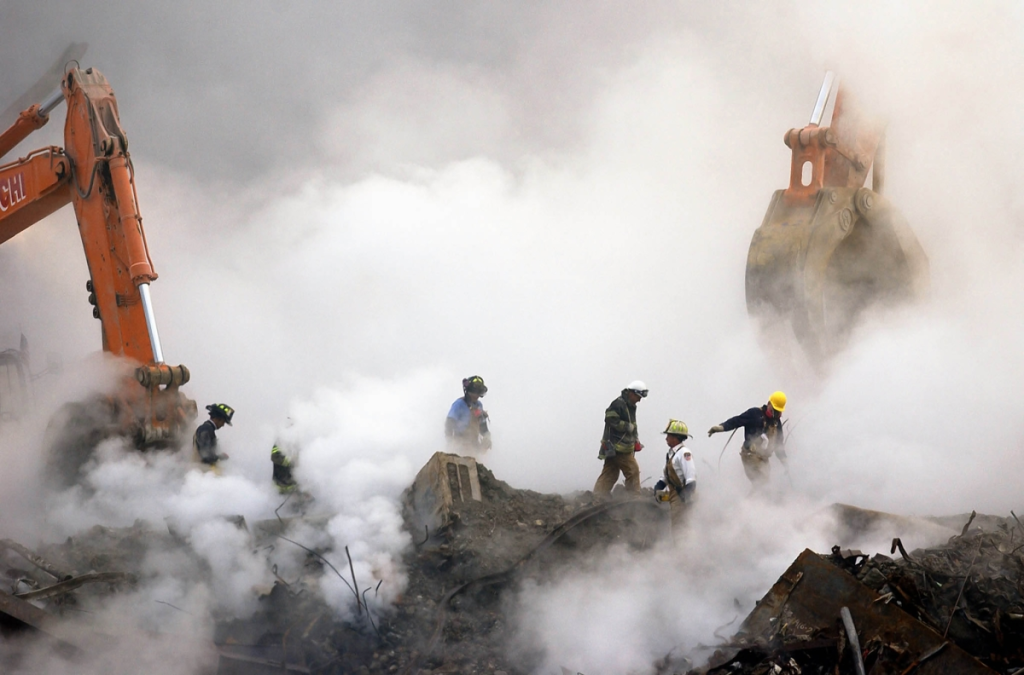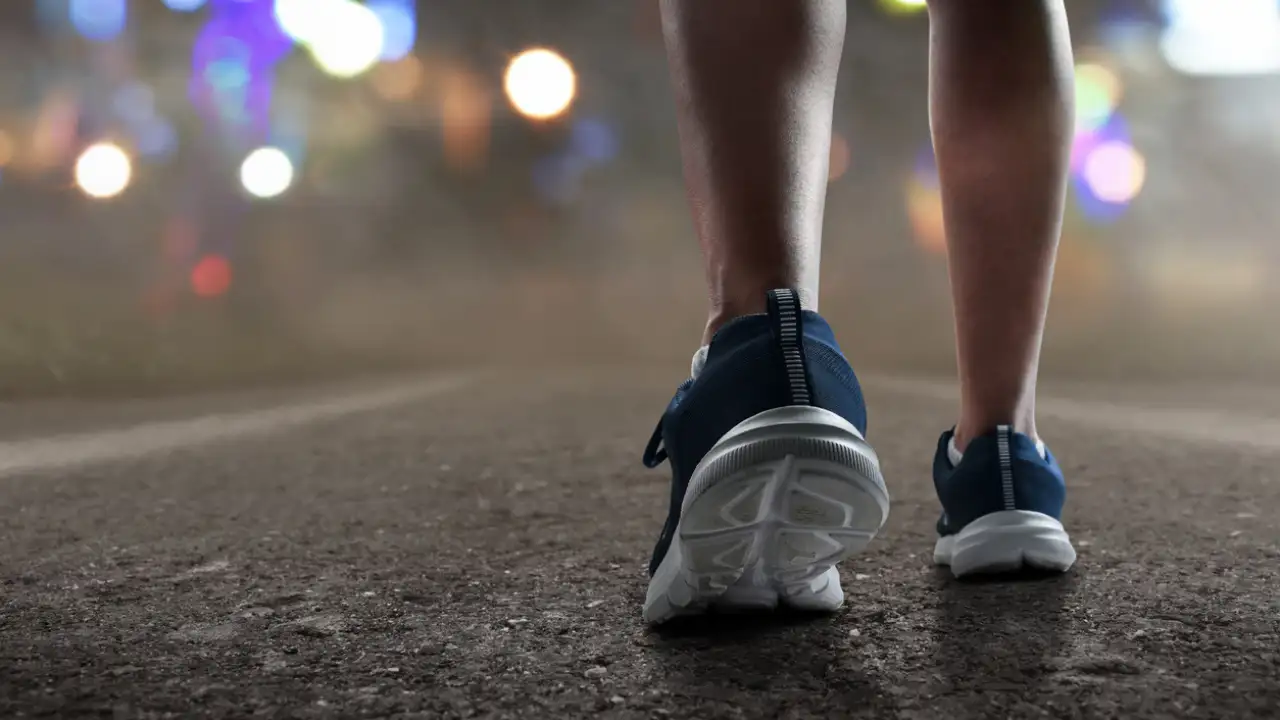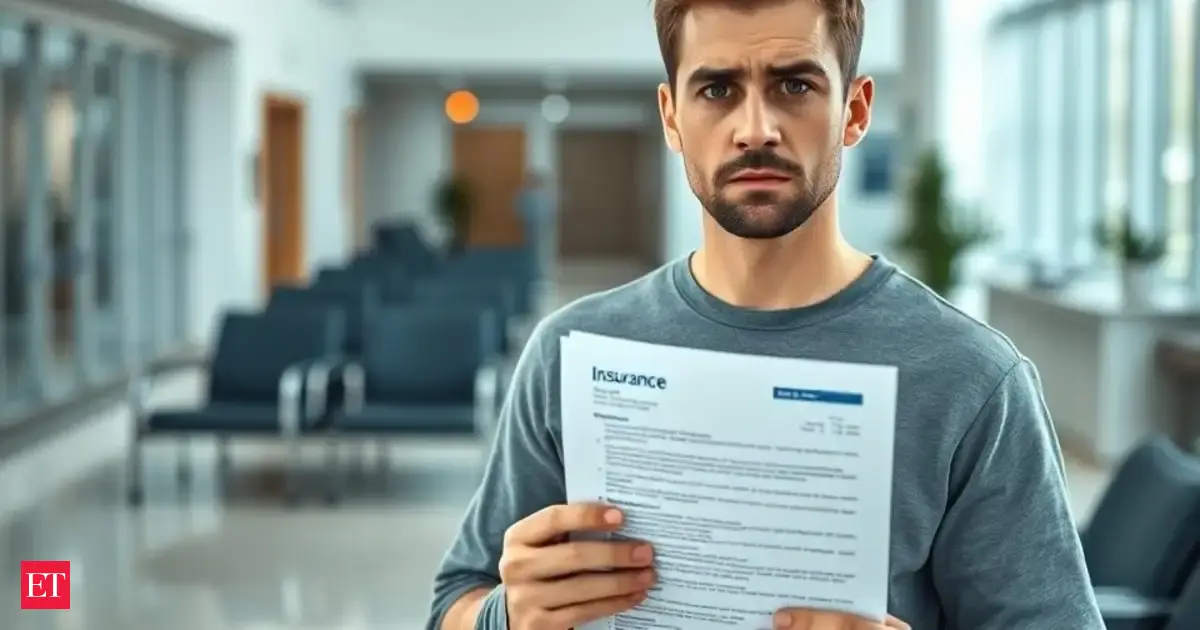NYC reverses long-running claim it can’t find documents on what City Hall knew about 9/11 toxins

After claiming for more than two decades they couldn’t find any documents about what City Hall knew about the dangers of the 9/11 toxins swirling around Ground Zero, city lawyers have announced that they, indeed, have found records to share, the Daily News has learned.
The sudden turnaround, announced in court documents filed Tuesday, comes just days after The News uncovered the fact that the city’s own Department of Investigation was preparing to receive “volumes of data” on the subject from an array of city agencies.
The DOI had been ordered to launch a probe by the City Council over what and when the city knew about the toxins kicked up during the terror attacks that have sickened or killed thousands of first responders.
The News story, published as the city marked the 24th anniversary of the terror attacks, disclosed that only eight weeks into the DOI’s review, the response was so overwhelming the agencyw as looking at the possibility of getting outside help to parse through all the data.
“City Hall needs to stop gaslighting September 11th victims and their families about the existence of the documents,” Andrew Carboy, who requested the documents told The News. “We now know that they do, in fact, exist, as we have long maintained. Pretending otherwise is disrespectful and hurtful.”
For months, the city has tried to quash a lawsuit Carboy filed in an effort to pry loose the data. City attorneys said the DEP didn’t have any documents to share and called the search nothing more than a “fishing expedition.”
“After a diligent search was performed of DEP’s records, no responsive records were found,” city attorneys claimed in court papers at the time.
Carboy, who is representing 911 Health Watch, a responder and survivor advocacy group that filed a FOIL request for the documents, was getting nowhere. Then on Monday, he sent Judge James Clynes a copy of The News article about the DOI investigation that showed city agencies were, in fact, readying documents.
“The government cannot disregard New York’s Freedom of Information Law out of inconvenience,” Carboy wrote. “It is far too easy for the City to assert that it undertook a “diligent search” for records and could not find them when responding to the subject FOIL requests.”
“The gulf between the prompt, overwhelming response to DOI and the denial to sitting Congressional representatives, 9/11 Health Watch and surviving family members warrants judicial intervention,” he added.
The following day, the city responded, announcing they were withdrawing their motion to dismiss. And — as it tuned out — they said they found some documents.
“Recently, (the DEP) has located multiple boxes that are believed to contain at least some responsive records,” Assistant Corporation Counsel Saarah Dhinsa wrote in her letter.
The letter didn’t disclose a timeline as to when they are going to share the documents.
This sudden admission was long overdue, Carboy said Friday. The city went through great pains to deny the existence of the documents they had the whole time, he added.
“A DEP staffer swore under penalties of perjury, in a written Court submission, that no documents could be located. Two attorneys, in separate certifications, then attested, as officers of the Court, that no documents could be found,” Carboy said.
“The city then criticized our efforts as baseless,” he said, adding the city never explained what efforts they took to find the documents.
The city Law Department declined comment.
“Their actions speak louder than words” 911 Health Watch Executive Director Ben Chevat said about the city’s sudden turnaround.
City Councilwoman Gale Brewer wrote the resolution that the full council unanimously passed on July 14, ordering the DOI to probe what information the city had on Ground Zero toxins after the 9/11 attacks and when they had it. It marks the first time a provision of the City Charter allows the Council to order the DOI to undertake an investigation with a bill.
Eight weeks after being ordered to launch their review, the DOI said last week is was preparing to receive “volumes of data” on the subject.
The agency sent out letters to every agency, asking them to identify and turn over any relevant documents they had on 9/11 toxins following the terror attacks. Nearly all of the agencies contacted have responded to the DOI’s request, officials said.
Some agencies will be providing information that will be specific to the request. Others will be providing “more general” information about the aftermath of the 9/11 terror attacks, the DOI said.
It was not immediately disclosed exactly which agencies have responded. The council has tasked the DOI with providing a report in two years.
“It’s working,” Brewer said about the DOI investigation and the city admitting that they had some documents on the issue. “I remember when (Rep.) Carolyn (Maloney) tried and (Rep. Jerrold) Nadler tried. We’ve signed countless letters over the years asking for these documents and we got nothing. Nothing but silence.”
The Adams administration as well as its predecessors, have fought the release of any 9/11 studies and documents, claiming they couldn’t find them. The city has also repeatedly said it was worried about a barrage of lawsuits from survivors and first responders suffering from 9/11 illnesses if the documents were released.
After receiving requests for the documents from New York’s Congressional Delegation, “On March 22, 2023, Mayor Adams wrote to the members of Congress, acknowledging that such previously unreleased documents existed, but advising that they would not be disclosed,” Carboy said in court documents. “The Mayor cited ‘litigation risks’ as a barrier.
“The Mayor requested both federal funding and additional federal protections for the City before the documents would be released,” the attorney added.
More than 140,000 first responders and survivors are enrolled in the U.S. Center for Disease Control’s WTC Health Program, which provides health care benefits for medical conditions related to exposure to the toxins that hung over Ground Zero. Out of that number, about 81,000 have a certified condition linked to the toxins that hung above Ground Zero.
The documents, once released, won’t likely cause a flurry of lawsuits since first responders and survivors who are receiving help from the WTC Health Program and the 9/11 Victim Compensation fund have already signed waivers agreeing not to sue over their illnesses. More than 100,000 have signed these waivers, officials said.
The real value of the documents, Brewer said, is what can be learned in case a similar attack ever happens again.
“This investigation will hopefully give us some clue as to what to do differently,” Brewer said. “You always need to prepare for the future.”



